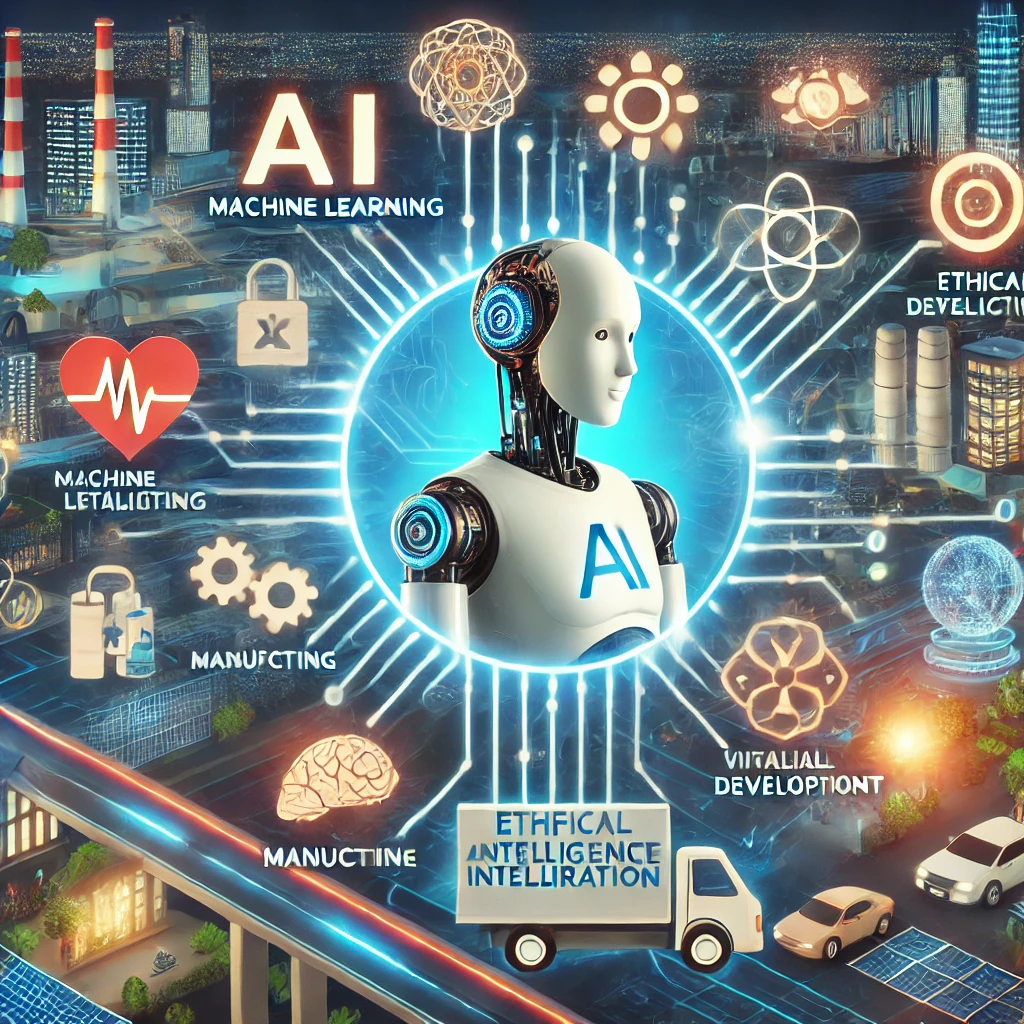Introduction Artificial Intelligence (AI) is rapidly evolving, transforming industries and everyday life. From machine learning advancements to ethical AI development, staying updated on the latest trends and innovations is crucial. This article explores the future of AI, highlighting key trends and their potential impacts.
1. Advancements in Machine Learning Machine learning (ML), a subset of AI, continues to see significant progress. Recent innovations include improved algorithms, increased computational power, and more extensive datasets. These advancements enable more accurate predictions, better decision-making, and enhanced automation across various sectors.
2. Ethical AI Development As AI becomes more integrated into society, ethical considerations are paramount. Developing AI that aligns with human values and ensures fairness, transparency, and accountability is essential. Organizations and researchers are focusing on creating frameworks and guidelines to govern AI ethics, promoting responsible AI usage.
3. AI in Healthcare AI's impact on healthcare is profound, with applications ranging from diagnostics to personalized treatment plans. Machine learning algorithms can analyze medical data to detect patterns and predict disease outbreaks, while AI-powered tools assist in surgery and patient care. The ongoing integration of AI in healthcare promises improved outcomes and efficiency.
4. AI and Automation Automation powered by AI is transforming industries such as manufacturing, logistics, and customer service. Robots and AI-driven systems enhance productivity, reduce costs, and streamline operations. However, this shift also raises concerns about job displacement and the need for workforce reskilling.
5. AI in Everyday Life AI technologies are increasingly becoming part of our daily routines. From virtual assistants like Siri and Alexa to recommendation systems on streaming platforms, AI enhances convenience and personalizes user experiences. These advancements continue to evolve, offering even more sophisticated and intuitive interactions.
6. Challenges and Future Directions Despite its promise, AI faces challenges such as data privacy, security, and the potential for biased decision-making. Addressing these issues requires collaboration between technologists, policymakers, and society. The future of AI will likely involve ongoing innovation and regulatory efforts to ensure its benefits are maximized while mitigating risks.
Conclusion The future of AI is bright, with ongoing advancements poised to revolutionize various aspects of life and industry. By understanding emerging trends and addressing ethical concerns, we can harness AI's potential to create a better, more efficient world.



